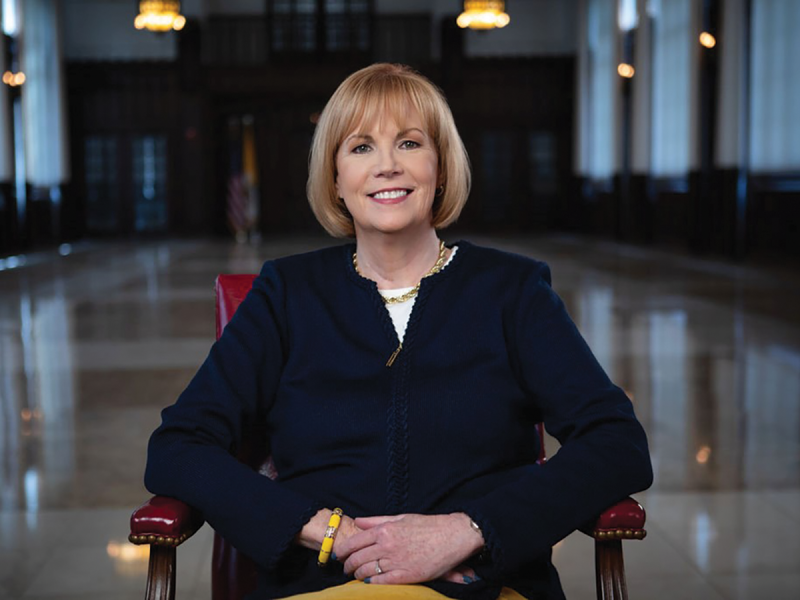InCASE: Spotlight on Terry Flannery

STRATEGY AND LEADERSHIP: Terry Flannery—who has led marketing and communications at Stony Brook University, American University, and the University of Maryland—has stepped into a newly created senior role at CASE.
Credit: Scott Chernis
You must be a CASE member to see this page.
- Apply to become a CASE member today.
- Already have an account? Please log in.